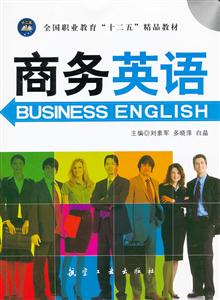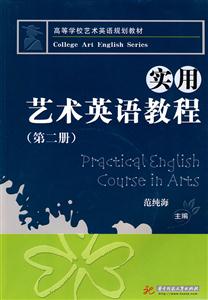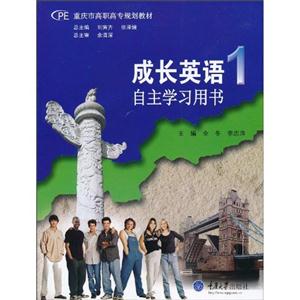
作者:张万喜,冉秀霞主编
页数:182 页
出版社:重庆大学出版社
出版日期:2010
ISBN:9787562451471
电子书格式:pdf/epub/txt
相关资料
插图:it cannot discontinue because of thetemporarily attained quality result. It also implies a seamless or flawless process inwhich it is possible to identify and do away with the constraints of a supply which spoilthe tourism product and are responsible for direct and indirect losses to the company ordestination.” Satisfaction” introduces the elements of subjectivity in quality perception.According to their characteristics, customers have different requirements andexpectations. Informed quality-driven marketing caters to these characteristics andattempts to identify consumers according to the different types and levels of perceivedquality.” Legitimate” brings into the analysis the elements of rights and entitlement.Consumers cannot expect to receive more than what they remunerate by payment or whathas been determined by social and environmental limits. The role of tourism plannersand entrepreneurs is to relate quality types and levels to remuneration and externallimitations.The notion of “needs” follows on the concern for legitimacy and looks for satisfyingpeople’s basic and vital needs which should never be overlooked while bringing intotourism projects and programs the other aspects with a view to introducing attractions,strengthening experience, etc. The needs are primarily related to the underlying qualitydeterminants, although over time the expectations related to the type and volume of”basic needs” change and usually increase. Basic needs of the past are not exactly the basic needs of today.The notion of “product requirements” emphasizes a need to relate a single serviceand facility use to the whole product and the total tourism experience. One good quality service is not sufficient to give rise to tourism product quality perception, although an excellent service may positively impress the consumer to make him or her close their eyes to shortcomings and defects experien
目录
节选
《旅游英语》是一门实用性很强的旅游专业必修课程,目的是培养学生在具有一定的基础英语听、说、读、写的基础上,掌握旅游行业服务与管理的专业英语。《旅游英语》的编写,针对高职院校旅游专业学生的英语基础和特点,以专门用途英语的相关理论为指导,注重旅游从业方面专业知识听、说、读和写的综合能力训练,以旅游工作过程为导向,适应旅游市场对人才的需要;注重学生自主学习能力培养,利于学生将来可持续发展。《旅游英语》共10单元,每单元分成听说、阅读、实用写作3个部分,每单元参考学时4学时,全书可供32-40学时使用。















